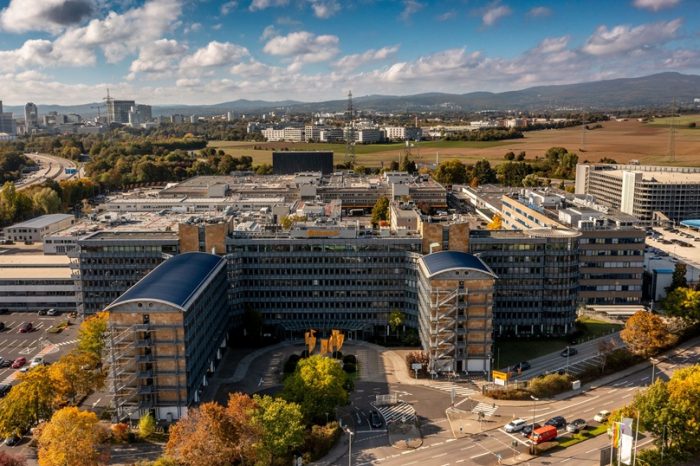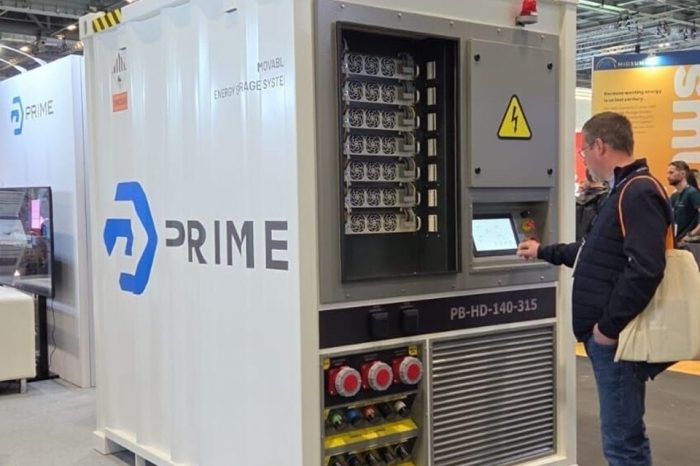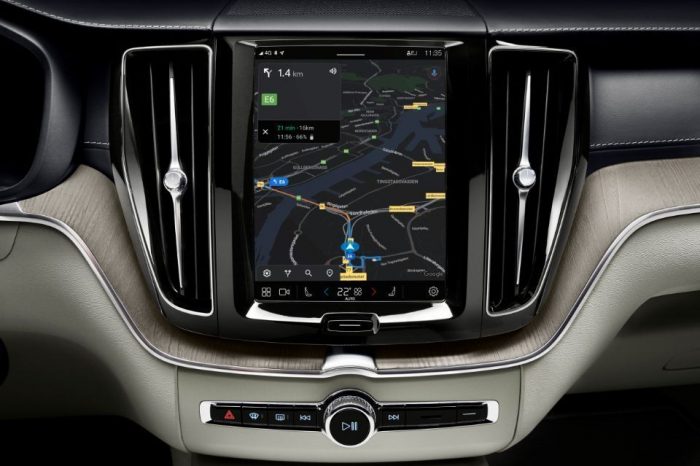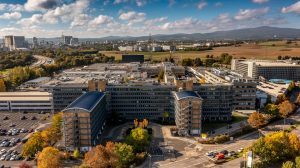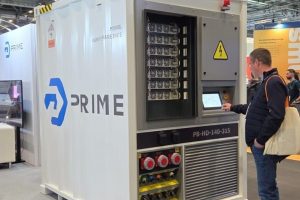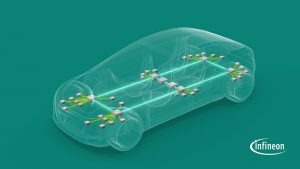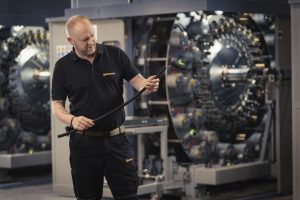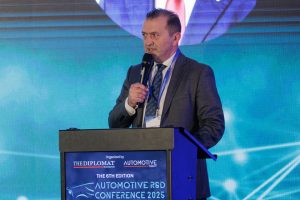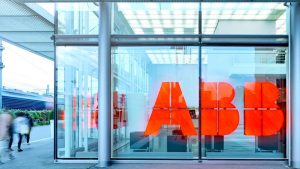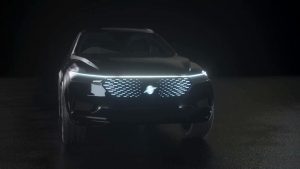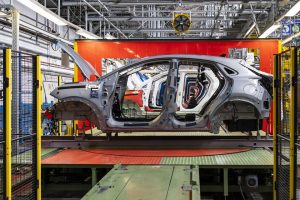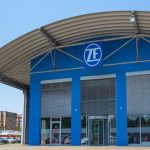INTERVIEW Cornel Huzau, ZF TRW Timisoara: “Romania has a great opportunity to attract new automotive green fields”
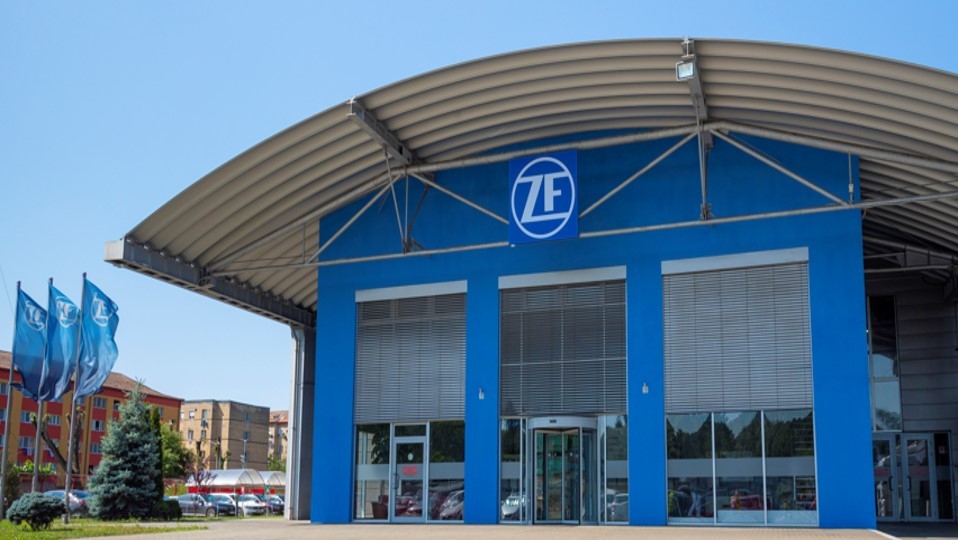
“In the future, ZF will not invest in transmissions exclusively designed for internal combustion engine vehicles but will focus its development activities on flexible platform technologies for long-range plug-in hybrids and purely electric vehicles. This is also a great opportunity for Romania to attract new automotive green fields,” Cornel Huzau, Plant Manager, ZF TRW Timisoara told Automotive Today.
“The rapidly increasing content of software in the vehicle configuration could generate a serious advantage, especially in the large cities, where robust IT competencies are already present. This could also turn around the old, best cost country approach and move to higher value add local development and manufacturing.
How would you describe the year 2020 for ZF TRW Romania?
Key word in 2020 for ZF as for all other automotive players: Challenging! After a strong start at the beginning of the year, the hard stop in April generated consequently capacity and resources adjustment.
After an uncertain status and forecasts during summer, we faced a major recovery starting September until the end of December, with strong focus on capacity recovery, both internally and at our supplier base, to fulfil daily increasing customer demands.
But overall, we achieved great results, given the conditions, significantly better than average market indicators.
Three major factors supported this outcome:
- Robust measures implemented in our organization against the Covid 19 pandemic, such as: external visitors ban, 100% testing of candidates, mass testing of our employees, traceability of contacts for positive cases in addition to the standard measures.
- Our very wide customer portfolio and destinations. During European lockdown, we continued to supply especially on Asian markets with strong and fast recovery of volumes.
- Prompt governmental technical unemployment support, which allowed us to retain our resources and capacities for the later recovery.
How do you see the evolution of the Romanian automotive industry during the COVID-19 recovery?
Market forecasts in automotive, show a slow recovery for the next period but still far away from the 2017 – 2018 peak volumes. The same trend is expected in Romania.
Each new wave of the pandemic is generating uncertainty in the complete supply chain.
Additionally, the actual semiconductor shortage generates already cars production losses at OEM’s, without clear recovery plans.
But the pandemic and the consequent loss of profits in 2020 and 2021 will generate a higher pressure on the industry with potentially accelerated plans for further transfers to best cost countries from which Romania can also benefit.
What are your most important projects for 2021?
First objective in the current year is still to assure for all our employees a safe working environment because the pandemic is far from over.
We will continue our maximum focus on quality, proactive scanning of the entire supply chain during these unstable period and continuous improvements of our manufacturing main indicators.
Robust implementation of the new launches in the upcoming year is mandatory to assure the growth of the local entity.
Further development of our management and expert teams is remaining a constant pursuit.
Open and constant communication with all our employees, to debate and agree the right direction in organizational development will remain a major focus point of the management team.
What is your main focus regarding R&D activities?
In ZF safety division constant improvement of our products (airbags, seat belts and steering wheels ) is not only assuring our future as a company but also saves lives.
Several next generation mobility features, developed by the combined multinational teams, are implemented in Timisoara, and delivered to main premium customers.
New technologies as Hands On/Off Detection are already part of the future automated driving assist systems which are produced and delivered to our customers today.
Further development and increase of the local R&D team is following a clear trend of bringing together development and manufacturing.
Our braking division is even more advanced, having already a robust team of several hundreds of engineering specialists in all stages of design, prototyping, testing area.
How would you describe the cooperation with your partners in this difficult period?
Of course, this uncertain period is putting a lot of pressure on the system. Our solution is the open, transparent, and solution-oriented communication with all parties.
There are several directions which are in our focus:
- Show stability and predictability to our employees during the volatile market conditions
- Constantly scanning the supply chain from customer demands to internal and suppliers’ capabilities to avoid disruptions
- Present robust performance to ZF management, demonstrating adaptability to changing trends
- Constant dialog with local and national authorities for support in both directions
After almost one year of pandemic, these channels are already implemented and demonstrating their effectiveness.
What is your view on combustion engines vs. electric cars? How should Romania react to the electrification trend?
The trend on electric vehicles is already clear and the entire industry is reorganized accordingly. According to industry forecasts, around 2030 the breaking point will turn and more than 50% of the produced vehicles will be electric or hybrid.
Also, ZF will be a trend setter in this direction and takes important steps in the company’s ongoing transformation towards e-mobility. At the beginning of 2021, a new E division has been formed to offer customers electrified driveline solutions from a single source. In the future, ZF will not invest in transmissions exclusively designed for internal combustion engine vehicles but will focus its development activities on flexible platform technologies for long-range plug-in hybrids and purely electric vehicles
This is also a great opportunity for Romania to attract new automotive green fields.
The rapidly increasing content of software in the vehicle configuration could generate a serious advantage, especially in the large cities, where robust IT competencies are already present. This could also turn around the old, best cost country approach and move to higher value add local development and manufacturing.
Additionally, the involvement of the authorities to assure a transparent infrastructure and incentive support plan, especially in the investment phase is necessary.
An open, professional communication of all parties is our major opportunity in this new automotive megatrend.
ZF is a global technology company and supplies systems for passenger cars, commercial vehicles, and industrial technology, enabling the next generation of mobility. ZF allows vehicles to see, think and act. In the four technology domains Vehicle Motion Control, Integrated Safety, Automated Driving, and Electric Mobility, ZF offers comprehensive solutions for established vehicle manufacturers and newly emerging transport and mobility service providers. ZF electrifies different kinds of vehicles. With its products, the company contributes to reducing emissions and protecting the climate.
ZF has now has 160,000 employees worldwide with approximately 260 locations in 41 countries Based on preliminary figures, ZF expects consolidated sales of €32.6 billion for the fiscal year 2020.
In Romania, ZF is present since 2004 with its passive safety and braking divisions, having more than 5.500 employees in 5 manufacturing locations: Timisoara, Roman, Oravita, Lupeni and Marghita and R&D center in Timisoara.


